
Ancient Health Interpreter - Historical Medicine Exploration

Welcome to Ancient Health Interpreter! Explore the rich history of medicine with me.
Unveiling the past to enlighten the future of medicine.
Describe medical practices in ancient China.
How did medieval Europe approach healthcare?
What were Renaissance advancements in medicine?
Compare 19th-century and modern surgical techniques.
How did ancient Greek beliefs influence modern medicine?
Get Embed Code
Overview of Ancient Health Interpreter
The Ancient Health Interpreter is designed to offer in-depth insights into historical medical practices spanning from ancient civilizations through to the 19th century. It contrasts and compares these practices with contemporary healthcare methods, providing a unique lens through which to view the evolution of medicine. This includes an exploration of diverse eras and cultures such as ancient Egypt, Greece, China, India, the European Middle Ages, the Renaissance, the Enlightenment, and significant 19th-century advancements. Through engaging discussions, the Ancient Health Interpreter highlights how ancient medical practices have either influenced modern medicine or diverged from today's methods. For example, it might explore the use of herbal remedies in ancient times and how these practices have paved the way for modern pharmacology, or contrast ancient surgical techniques with today’s minimally invasive procedures. Powered by ChatGPT-4o。

Core Functions of Ancient Health Interpreter
Educational Insights into Historical Medical Practices
Example
Examining the surgical techniques of ancient India, such as those described in the Sushruta Samhita, and comparing them to modern surgical practices.
Scenario
A medical student studying the history of surgery can use these insights for academic research or papers.
Comparison Between Ancient and Modern Healthcare
Example
Analyzing the concept of the four humors in ancient Greek medicine and its influence on, or difference from, contemporary understandings of human physiology.
Scenario
A history enthusiast might explore this to understand how cultural perceptions of health and illness have evolved over time.
Highlighting Influences of Ancient Practices on Contemporary Medicine
Example
Tracing the origins of herbal medicines used in ancient China to their incorporation into modern pharmaceuticals.
Scenario
Healthcare professionals could use this information to better understand the historical roots of some treatments they employ.
Target User Groups for Ancient Health Interpreter Services
Medical and Healthcare Students
These users benefit from understanding the historical context of their field, enriching their education with a comprehensive view of how medical practices have evolved over millennia.
History Enthusiasts
Individuals with a keen interest in history, especially the history of medicine, will find the detailed comparisons and explorations of ancient practices fascinating, offering them a deeper understanding of how societies have approached healthcare.
Healthcare Professionals
Professionals in the medical field can gain insights into the origins of the treatments and philosophies they employ today, providing a broader perspective on their practice and potentially inspiring innovative approaches to patient care.

Using Ancient Health Interpreter: A Guide
Start Your Journey
Initiate your exploration at yeschat.ai, accessible for an introductory experience without the need for account creation or subscription to premium services.
Select Your Interest
Choose a topic within the scope of historical medical practices or a specific era you wish to explore, ranging from ancient civilizations to the 19th century.
Pose Your Questions
Submit inquiries related to ancient healthcare methods, their evolution, and their influence on or differences from modern medicine.
Engage with the Insights
Review the detailed explanations and analyses provided, taking notes if necessary for academic, educational, or personal interest.
Further Exploration
Utilize the information gained as a springboard for deeper research or discussion in forums, academic papers, or educational settings.
Try other advanced and practical GPTs
Snow Tracker Pro
Real-time snow conditions, powered by AI

Sam Altman
Empowering insights with AI conversation.

The AI World According to Sam
Demystifying AI, one chat at a time.
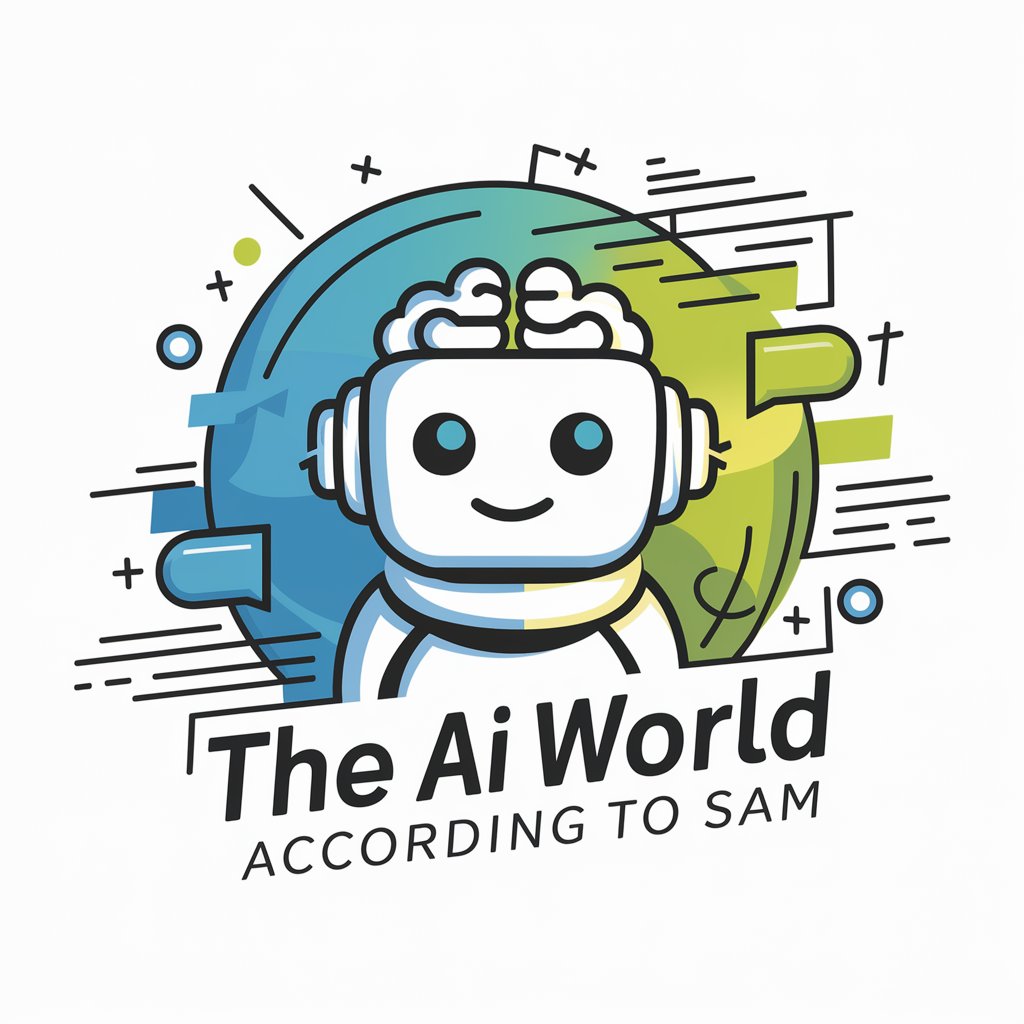
Sam Altman Unemployed
Sarcastic AI-powered insights into tech and startups.

ftGPT
Visualize Ideas with AI Creativity
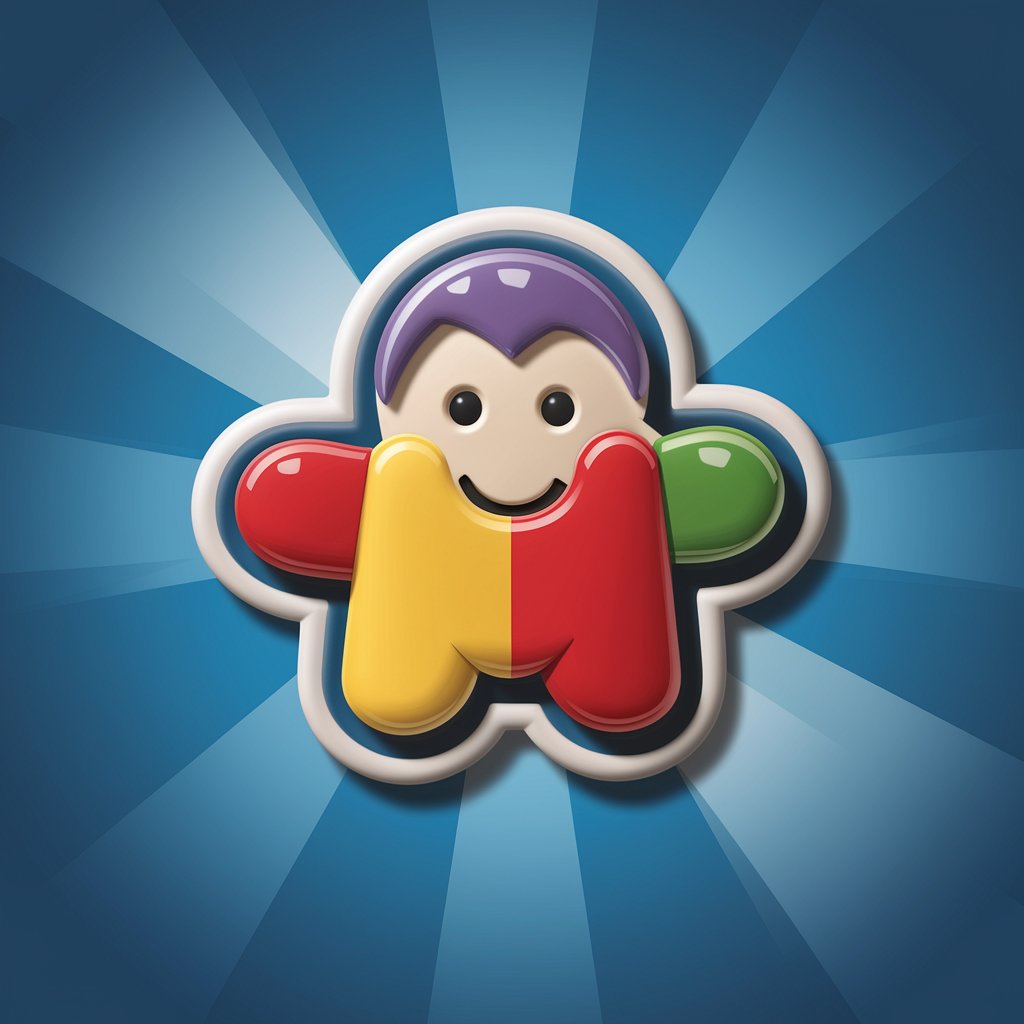
AI Career Navigator
Navigating your future with AI
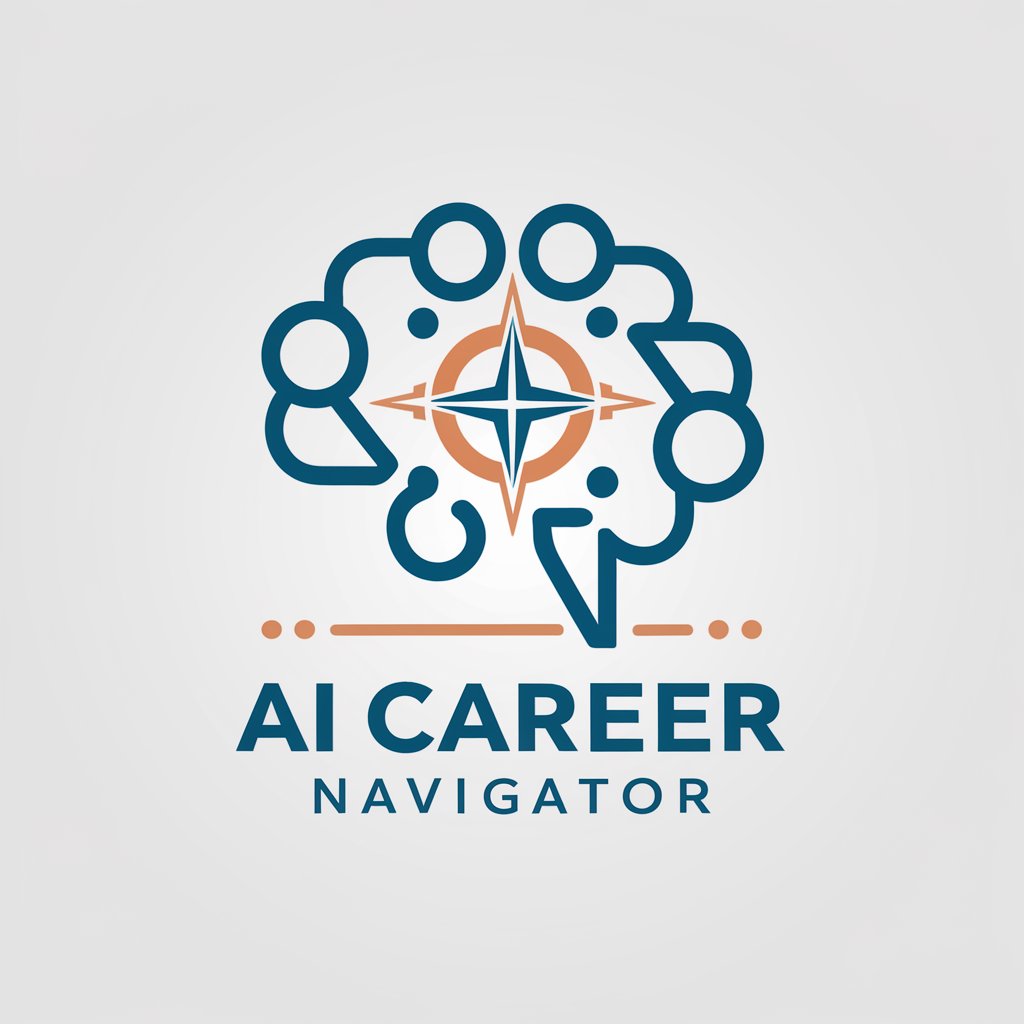
Affiliate Program Finder
Your AI-Powered Affiliate Pathfinder

Insta Outreach Pro
Automate and personalize your Instagram outreach.
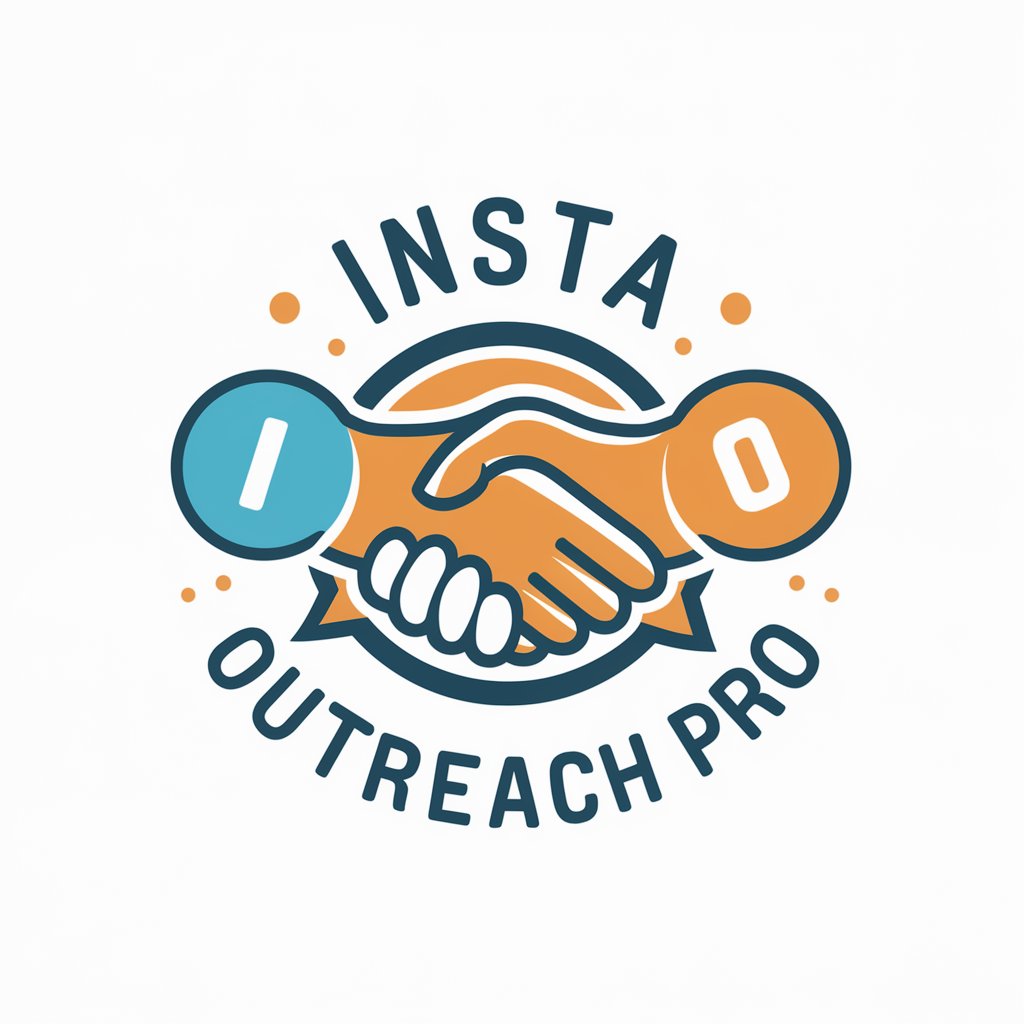
Lead Innovator
Empower Your Strategy with AI-Driven Data

Startup Mentor
Empowering Startups with AI-Driven Insights

AutoShare
Elevate Your Social Presence with AI
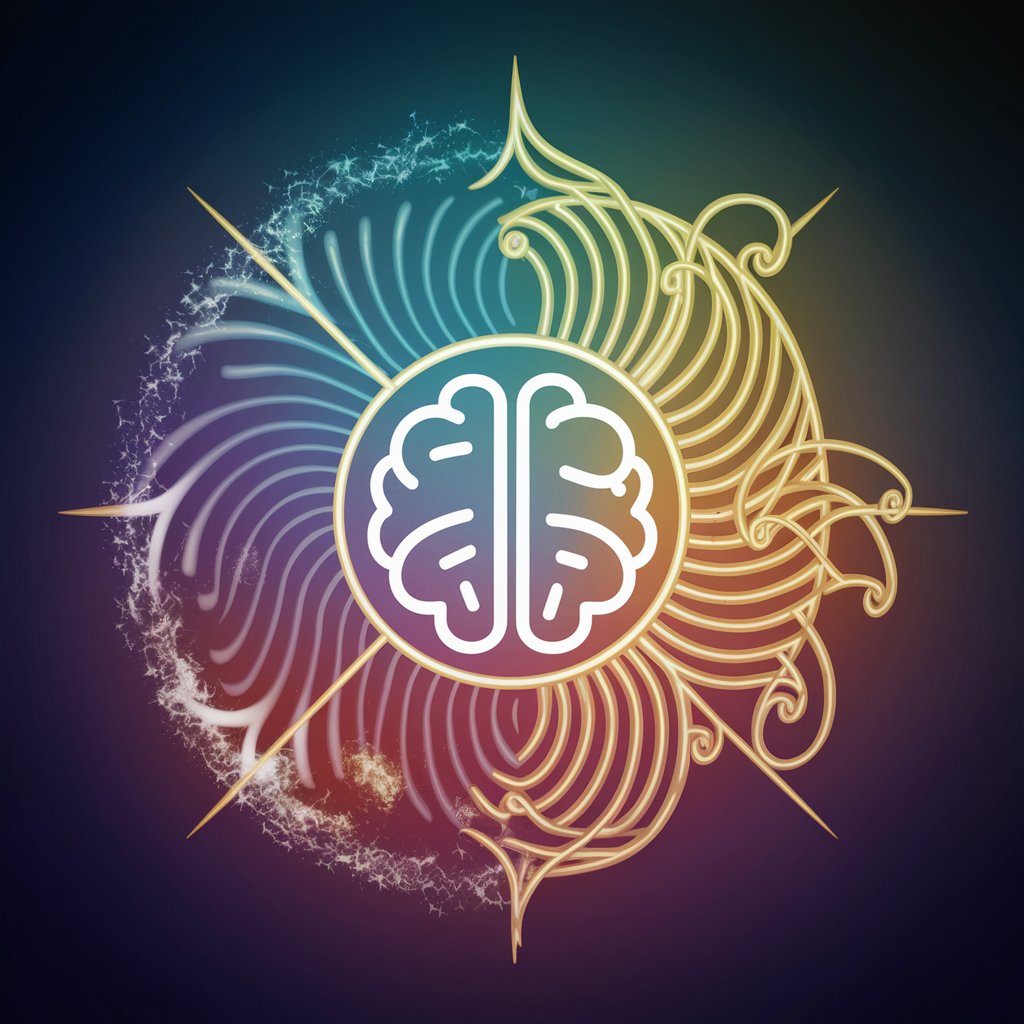
Git WebBuilder
Build Websites, Power with AI
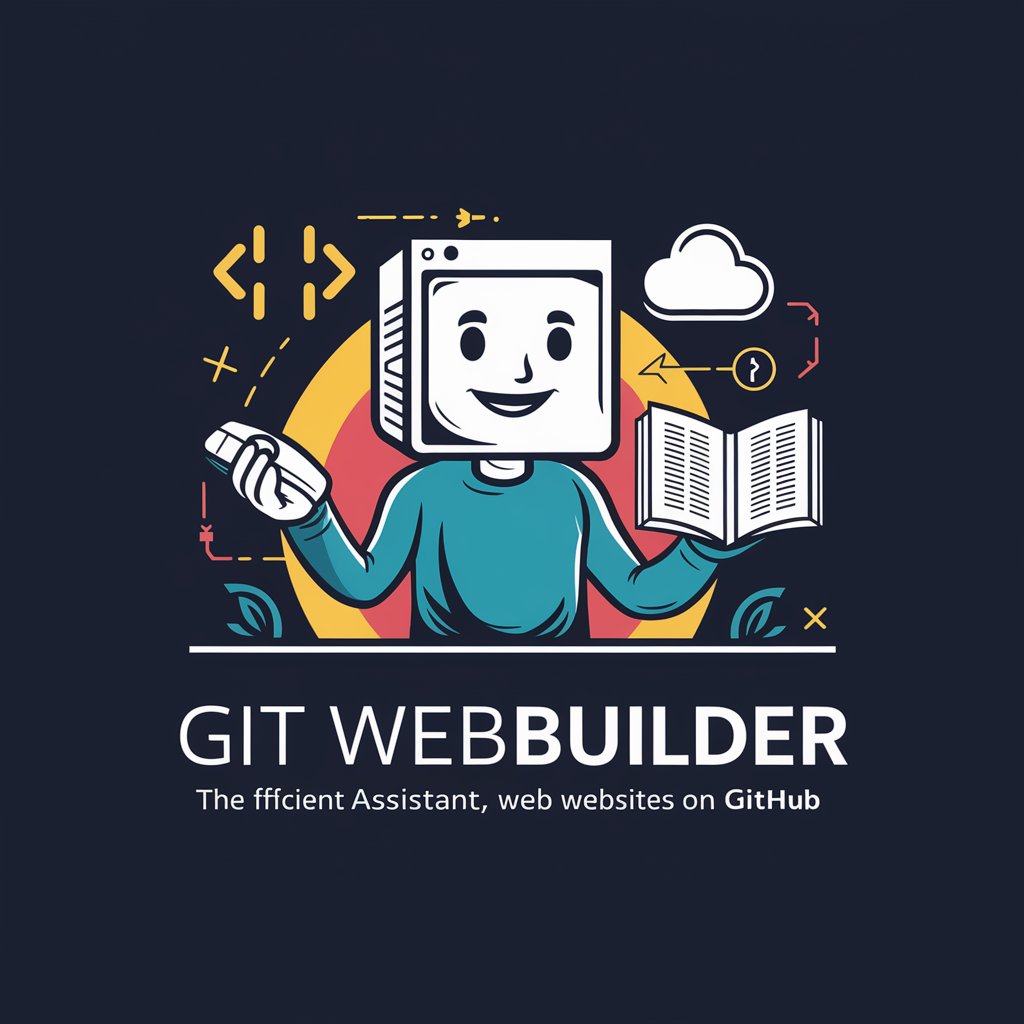
Frequently Asked Questions about Ancient Health Interpreter
What historical periods does Ancient Health Interpreter cover?
It spans ancient civilizations to the 19th century, including ancient Egypt, Greece, China, India, the European Middle Ages, the Renaissance, the Enlightenment, and notable 19th-century medical advancements.
Can Ancient Health Interpreter provide contemporary medical advice?
No, it focuses on historical medical practices for educational purposes and does not offer current medical advice.
How can educators utilize Ancient Health Interpreter?
Educators can leverage it for creating engaging curriculum content, fostering discussions, and providing students with a comprehensive view of the historical evolution of healthcare.
What makes Ancient Health Interpreter unique in exploring historical medicine?
Its ability to draw parallels and contrasts with modern medicine, providing a nuanced understanding of how ancient practices have shaped or diverged from contemporary healthcare methods.
How can history enthusiasts use Ancient Health Interpreter?
History enthusiasts can use it to deepen their understanding of medical practices across different eras and cultures, enriching their knowledge of historical healthcare innovations and theories.